Eckhart Gillen
-
-
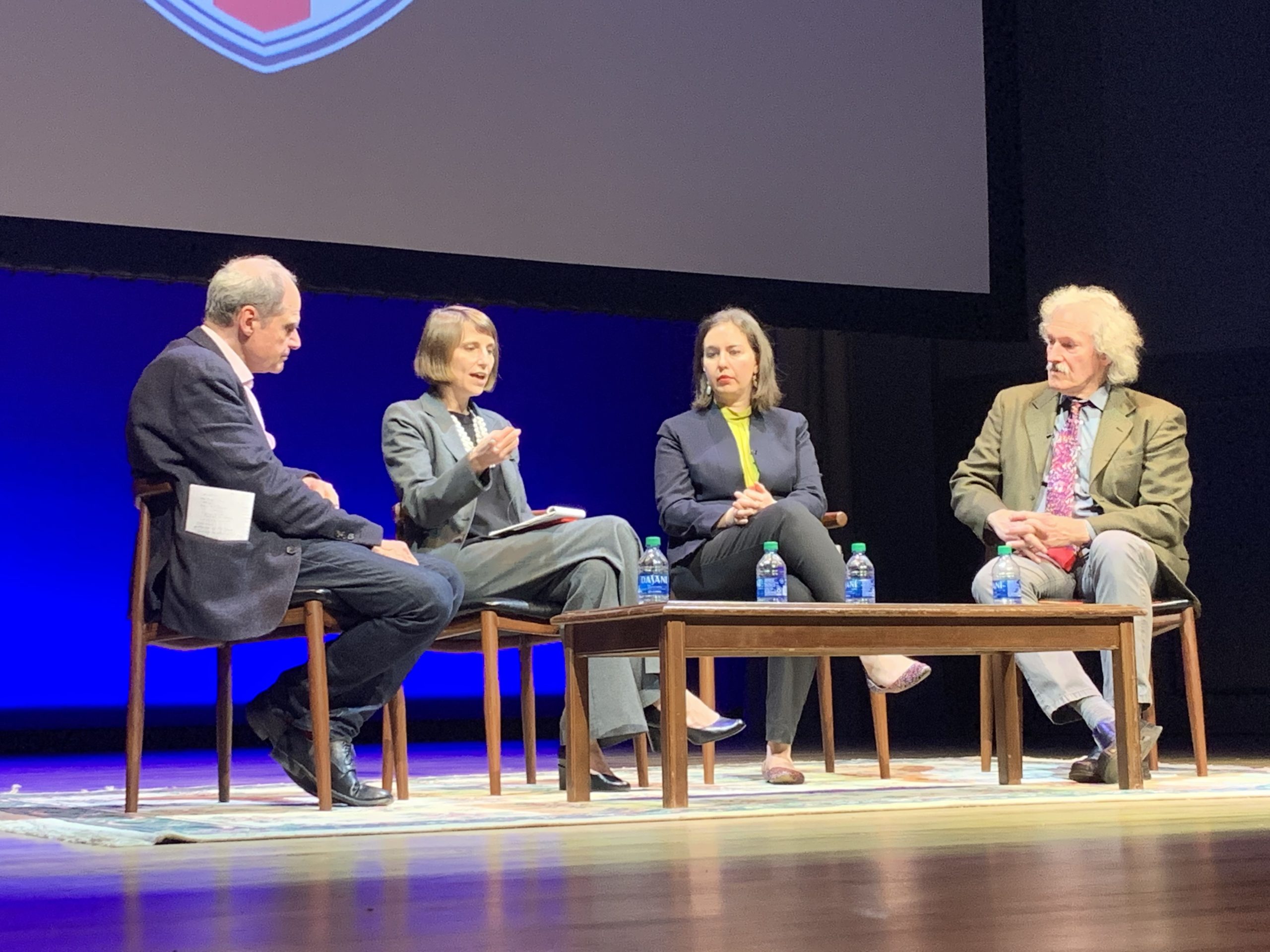
Panel Discussion
Modlin Center for the Arts, University of Richmond, Richmond, Virginia 453 Westhampton Way, Richmond, VA, United States
Expressionisms: Germany and the United States
Camp Concert Hall
Modlin Center for the Arts
Richmond, VAFebruary 12, 2020 6:00-8:00pm Camp Concert Hall Modlin Center for the Arts 453 Westhampton Way Richmond, VA 23173 Information: 804-289-8276 Panel Discussion Expressionisms: Germany and the United States Among the diverse descriptive labels attached to the art of Fritz Ascher, perhaps none is more evocative and distinct than "expressionist." In the context of visual art, that term has, over the past century and a half, connoted the articulation of strong emotion--through color, brush work, and the aggressive representation of figures and the elements of nature. This discussion will consider ways in which these features, particularly in painting, can explore and have explored embodying emotion and provoking it in the viewer. Also discussed will be the relationships of political identity, the workings of [...]
Free -
-
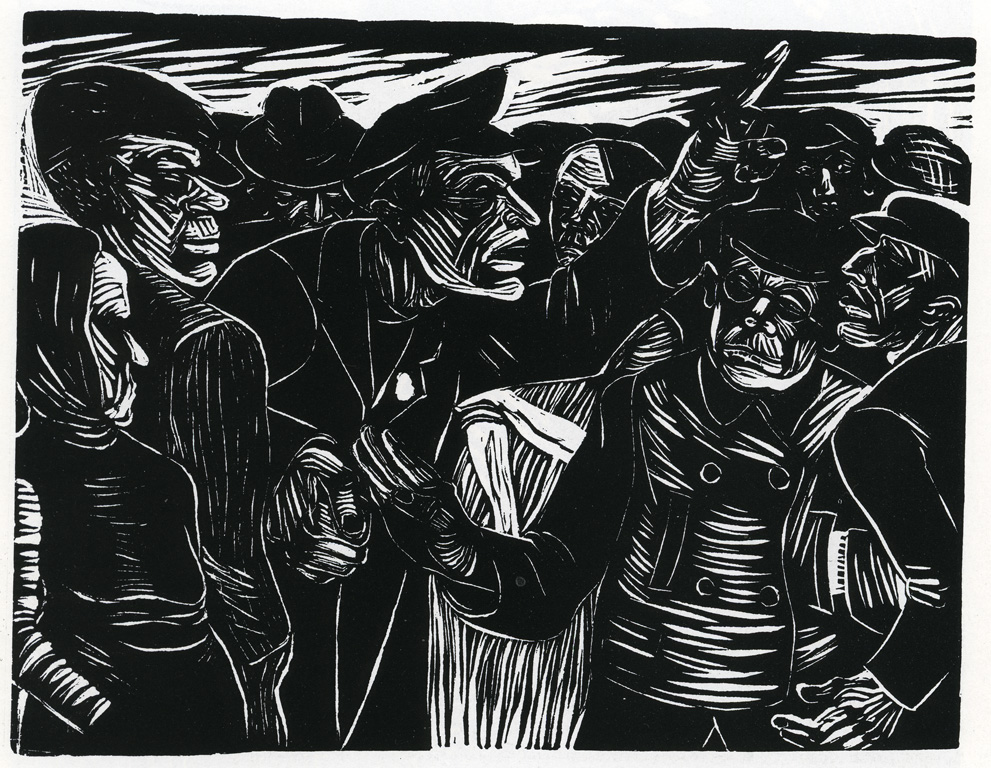
Flight or Fight. stories of artists under repression
1014 - space for ideas 1014 5th Avenue, New York, New York, NY, United States
Jewish Identity and Communist Belief.
Lea Grundig’s Path from Dresden to Palestine and back to Dresden
Lecture by Eckhart Gillen, BerlinWatch the video of this event HERE Lecture featuring Eckhart Gillen, Independent Curator based in Berlin, Germany Moderated by Rachel Stern, Executive Director of the Fritz Ascher Society in New York The lecture tells how the daughter of the Jewish clothing and furniture retailer Moritz Langer leaves her family's Orthodox milieu to study at the Dresden Art Academy. There she meets art student Hans Grundig. With him she joined the German Communist Party in 1926. From now on she wanted to put her art at the service of the working class. After returning from exile in Palestine, she used her art for the newly founded GDR. There she had a career as a professor and as president of the Association [...]
Free -
-
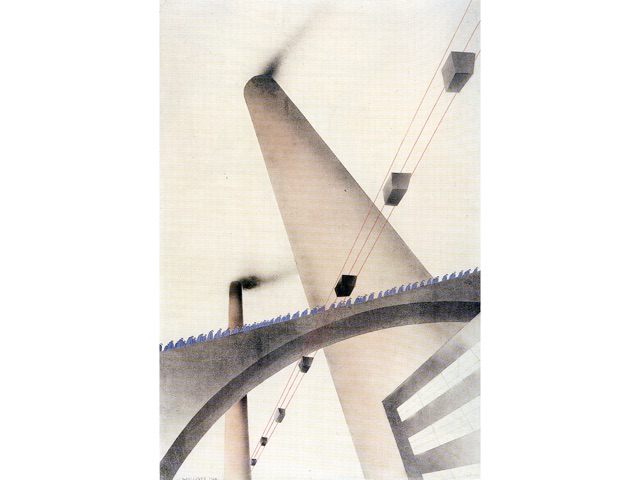
Excluded and yet entangled in two dictatorships:
1014 - space for ideas 1014 5th Avenue, New York, New York, NY, United States
The political constructivist Oskar Nerlinger
Eckhart Gillen, BerlinOskar Nerlinger (1893-1969) was one of the most important artists of the committed art scene in the Weimar Republic. He was a member of the Association of Proletarian Revolutionary Art (ASSO for short), which was founded in 1928 and belonged to the KPD, which cooperated with the Soviet avant-garde artist group Oktober. At that time there was no conflict between positions of aesthetic modernism and KPD politics. In 1932 the political and artistic avant-garde in the Soviet Union fell apart, with serious consequences for left-wing artists in Germany. Almost at the same time, the Nazi system broke with all forms of modernity. With his idea of art suddenly doubly isolated within his own party, which followed Stalin's art verdict, [...]
Free -
-
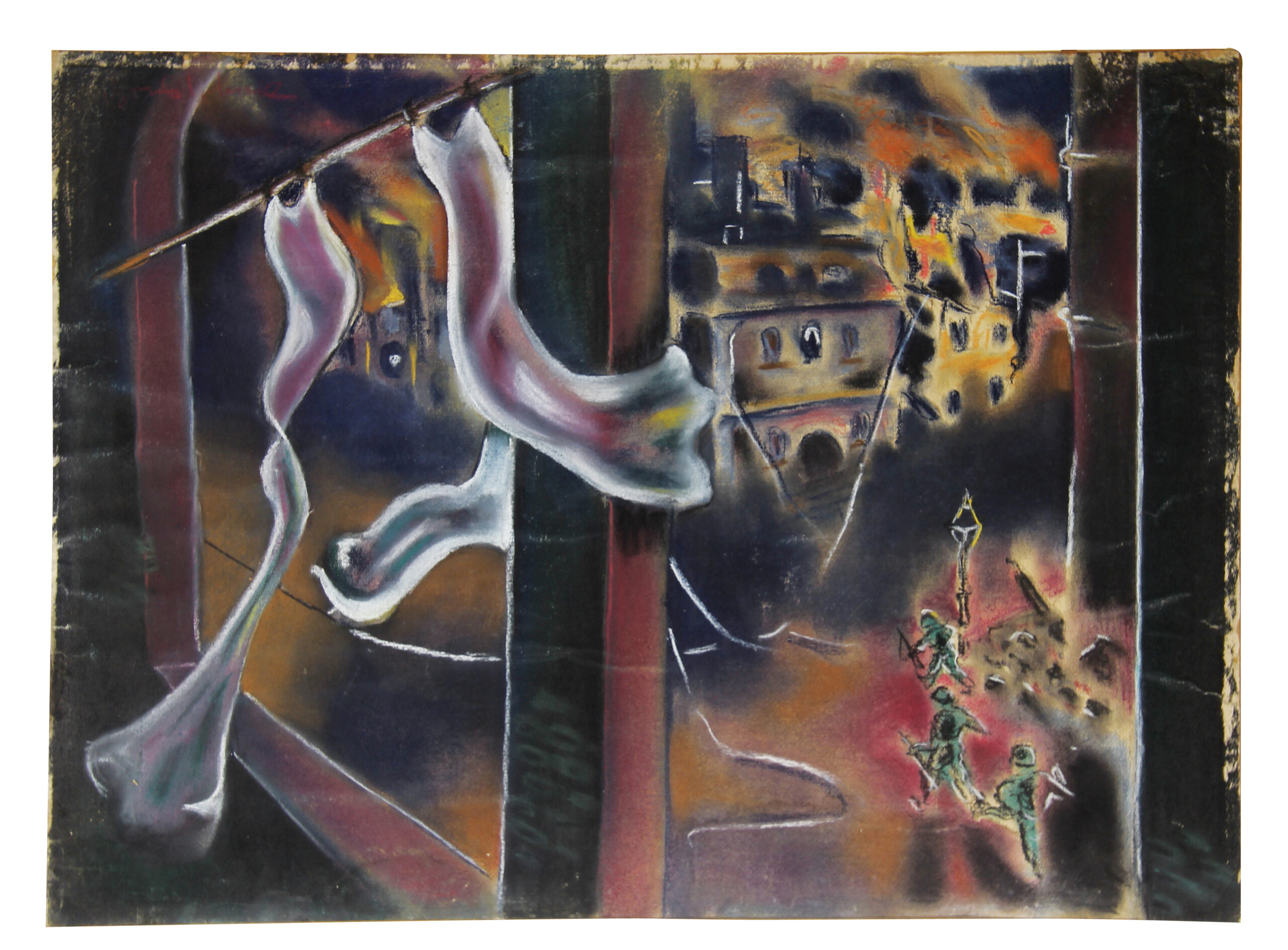
Boris Lurie:
1014 - space for ideas 1014 5th Avenue, New York, New York, NY, United States
Searching for Truth in Holocaust Images
Featuring Eckhart Gillen, PhD, Berlin (Germany)In Claude Lanzmann’s seminal nine-and-a-half-hour film SHOAH, he chose not to use any images of the Holocaust, telling the story instead solely through the words of witnesses. By contrast, art historian Georges Didi-Huberman and contemporary artist Gerhard Richter have both emphasized the power of images to reflect and educate—the former in his book Images in Spite of All: Four Photographs from Auschwitz, and the latter in a series of paintings titled “Birkenau.” Join the Museum of Jewish Heritage and the Fritz Ascher Society for a lecture exploring the tension between these different perspectives on images, words, and the Holocaust with German art historian and curator Eckhart Gillen. Gillen grounds the discussion in the example of Boris Lurie, the subject [...]
Free -
-
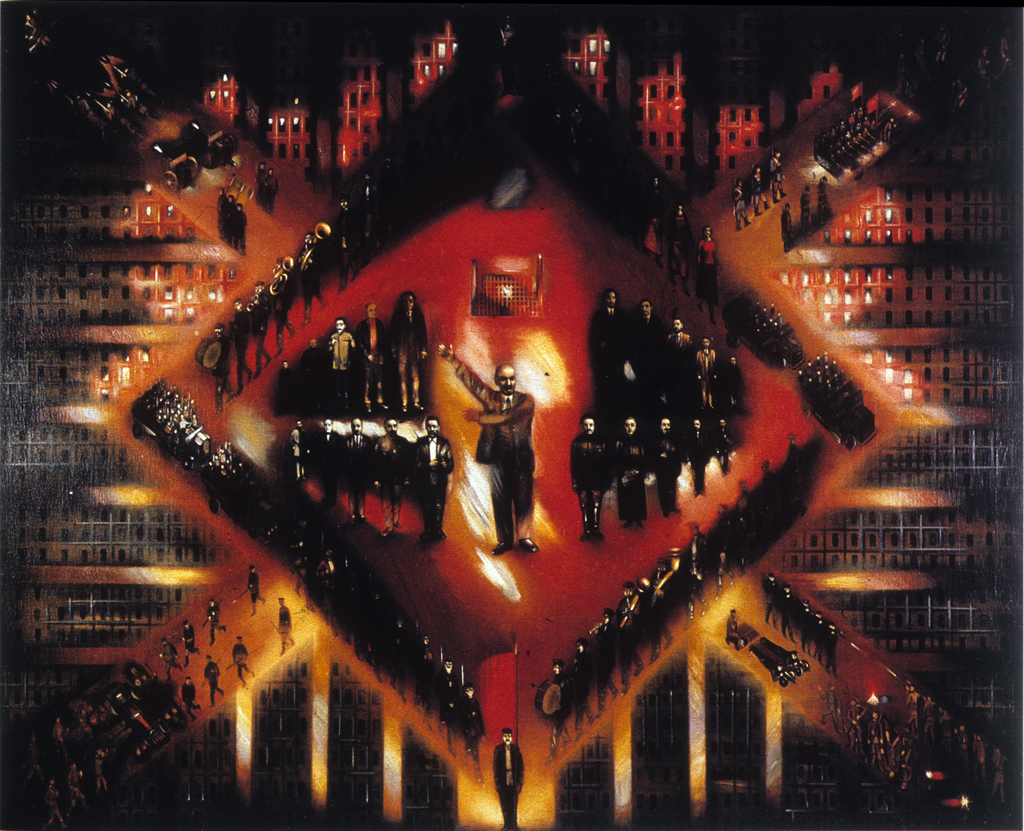
The New Man as Man Machine
ONLINE VA, United States
A Book Talk by Eckhart Gillen, BerlinFifteen years after the great financial crisis of 2008, which shook the capitalist economic system in America and Europe to its foundations, the book “The New Man as Man Machine” presents, for the first time, the interrelationship of art and political economy in the Weimar Republic, the Soviet Union, and the United States of America during the interwar period. By taking a look back at the 1920s and 1930s, it attempts to better understand our own era and its well-founded fears with regard to globalization and a new global economic crisis. Image above: Kliment Redko, Aufstand, 1924-25 This project focuses on how artists reacted to the central questions of the political economy in these three [...]
Free


